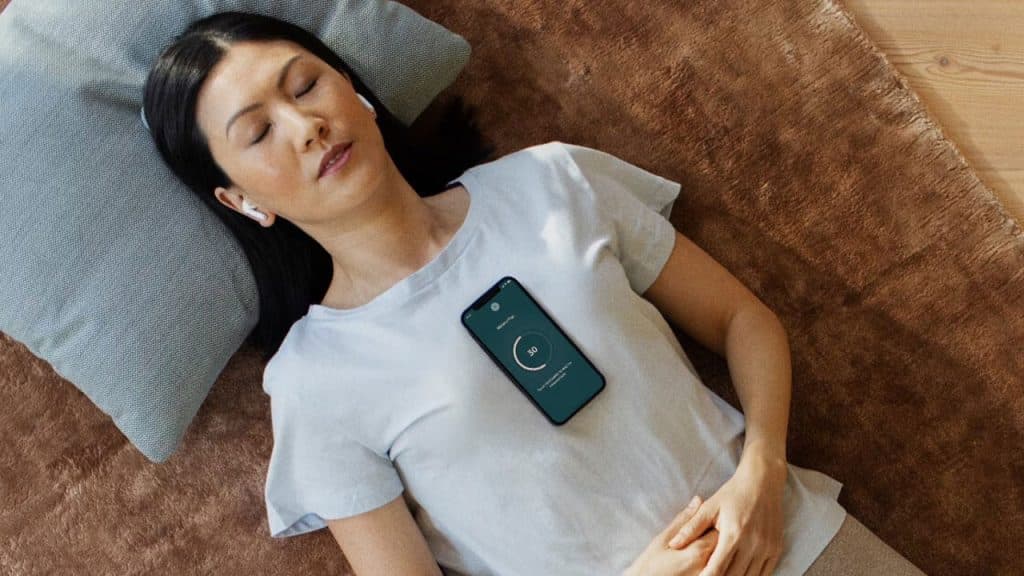Wearables are one of the hottest things right now when it comes to monitoring your health and maybe even detecting the early signs of disease before you develop more symptoms. They can also be expensive and frustrating for those of us who wish we didn’t have to keep buying the latest tech to stay up to date. So, what if you could add a heart disease detection app to your existing smartphone (https://longevity.technology/news/cardiosignal-raises-10m-to-advance-smartphone-heart-disease-detection/)?
Most of us have smartphones these days. It’s difficult to survive in the modern world without them. Yes, you can use them to send messages and make calls, but they’re also cameras, maps, torches, banks and games, plus access to the internet, social media and a whole host of other things. There are also an increasing number of options if you want to use them in a healthcare context.
CardioSignal is a company that specializes in how the heart is meant to work and the biomarkers that can show when something’s not right. Since its founding in 2017, it has paid particular attention to how to use modern digital technology to detect issues as early and as easily as possible – for example, by using smartphones to spread the technology to the largest number of people.
The way it works is simple. You place the smartphone on your chest, where it can sense the beating of your heart. The smartphone has accelerometer technology included, plus its own gyroscope. This allows it to measure your heart’s rotational movement, with each new reading just a minute apart.
Abnormalities in the heart’s rhythm may be an indicator that something more serious is going on. Heart disease is one of the world’s biggest killers. It’s responsible for around 20 million deaths every year, but we rarely spot it before the serious symptoms show up, and treatment options are more limited. The gyrocardiography tech used by CardioSignal could make a huge difference.
Now it has managed to land itself another round of funding – $10 million worth of it, to be exact. That will allow CardioSignal to perform more trials, scale up the technology and carry out more research into how this tech could potentially be expanded to detect and help treat even more heart conditions.
At the moment, this tech is available in 15 countries, but it could soon spread even further.




